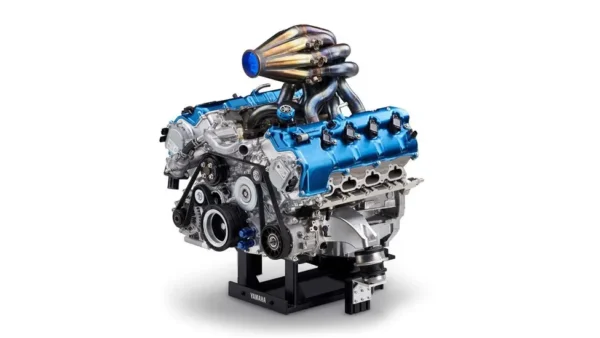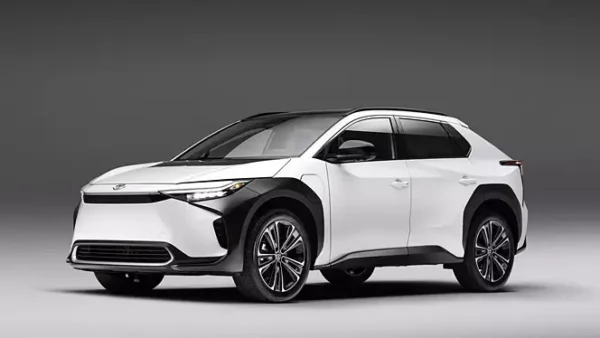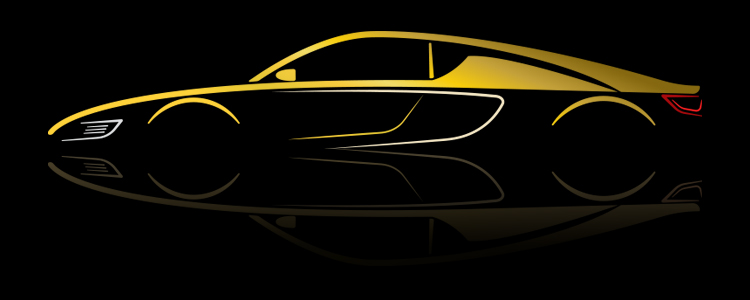Toyota developing a water engine.
In the fast-paced world of automotive innovation, whispers of groundbreaking technologies often echo through the industry. One such rumor that has captured the collective imagination is the alleged development of a water-powered engine by the automotive giant, Toyota. As we delve into the realm of speculations and possibilities, let’s explore the intriguing narrative surrounding this purported innovation.
The Hushed Buzz: Is Toyota Really Venturing into Water-Powered Engines?
In recent months, the online space has been abuzz with speculations about Toyota’s covert foray into alternative energy sources. Rumors suggest that the company is on the brink of unveiling a revolutionary water-based engine that could potentially redefine the automotive landscape. While Toyota has not officially confirmed these rumors, the mere possibility of such a groundbreaking development has sent ripples of excitement through the automotive community.
Decoding the Technology: How Does a Water-Powered Engine Work?
Hydrogen Fuel Cells: A Key Player

Central to the speculation is the concept of using hydrogen fuel cells to power vehicles. Unlike traditional internal combustion engines that rely on fossil fuels, hydrogen fuel cells generate electricity through a chemical reaction between hydrogen and oxygen. This process produces only water vapor as a byproduct, making it a clean and environmentally friendly alternative.
The Hydrogen Economy
Toyota’s potential venture into water-powered engines aligns with the broader global shift towards a hydrogen economy. The hydrogen economy envisions a future where hydrogen, a clean and abundant resource, plays a pivotal role in various industries, including transportation. If Toyota is indeed developing a water-powered engine, it could signify a strategic move towards embracing sustainable energy solutions.
Water as a Fuel Source
While the specifics of Toyota’s alleged water-powered engine remain shrouded in secrecy, the concept of using water as a fuel source raises eyebrows and sparks curiosity. The idea involves extracting hydrogen from water molecules through a process called electrolysis. By splitting water into hydrogen and oxygen, the hydrogen gas becomes a clean and potent fuel for powering vehicles.
The Implications: Environmental Impact and Sustainability
Reducing Carbon Footprint
A water-powered engine holds the promise of significantly reducing the carbon footprint associated with conventional vehicles. By embracing hydrogen as a clean energy source, Toyota could contribute to mitigating the environmental impact of transportation, aligning with global efforts to combat climate change.
Sustainable Mobility Solutions
In a world increasingly conscious of the finite nature of fossil fuels, the pursuit of sustainable mobility solutions becomes paramount. A water-powered engine could represent a leap towards a future where vehicles operate efficiently without relying on diminishing fossil fuel reserves.
The Skepticism: Challenges and Hurdles
While the concept of a water-powered engine sparks enthusiasm, it is essential to acknowledge the skepticism surrounding such groundbreaking claims. Critics argue that transitioning to hydrogen-based technologies faces considerable challenges, including infrastructure limitations, production costs, and the energy required for hydrogen extraction.
Toyota’s Strategic Move: Staying Ahead in the Automotive Race
If indeed Toyota is developing a water-powered engine, it would mark a strategic move by the automaker to position itself as an industry leader in innovation. In an era where consumers prioritize sustainability, embracing cutting-edge technologies could give Toyota a competitive edge and reshape the narrative of the brand.
Finally Anticipating the Future of Automotive Innovation

As the automotive world speculates about Toyota’s potential foray into water-powered engines, the industry holds its breath in anticipation. Whether this rumored innovation materializes into a reality or remains a captivating hypothesis, it underscores the relentless pursuit of progress within the automotive sector. Only time will reveal if Toyota is on the verge of unveiling a water-powered engine that could redefine the future of transportation.
Now, to answer the big question – have they stopped making electric cars? Absolutely not! Enter the bZ4X, a fancy all-electric SUV that’s turning heads. It’s like Toyota’s way of saying, “Hey, we’re here for the electric party too!
